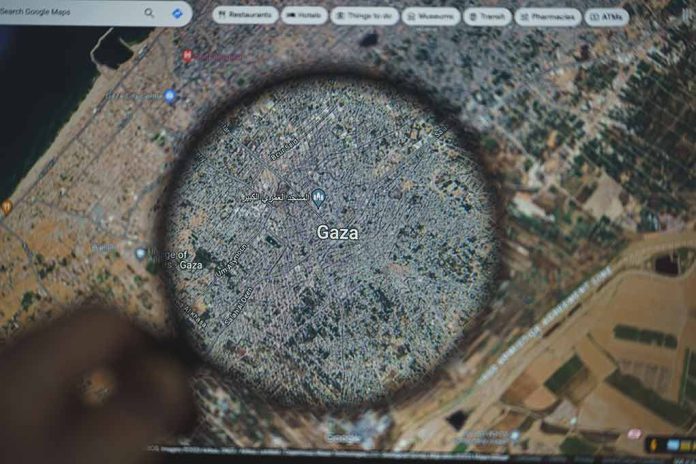
U.S. National Security Adviser Mike Waltz stands firm on a contentious Gaza takeover plan amid exchanges and fragile ceasefires, sparking deep geopolitical conversations.
Key Takeaways
- Egypt is to hold a summit with Arab leaders on February 27 to discuss the Gaza Strip.
- The summit is in reaction to President Trump’s intention for the U.S. to “own” Gaza.
- Key U.S. allies in the Middle East express discontent with Trump’s comments.
- Trump envisions resettlement and redevelopment of the Gaza area.
- Hamas rejects the idea, asserting Gaza as Palestinian land.
Tension in Diplomatic Circles
Egypt plans an emergency Arab summit on February 27 to explore the future of the Gaza Strip, catalyzed by President Donald Trump’s declaration favoring U.S. ownership of Gaza. This proposal has touched a nerve among crucial U.S. allies such as Egypt, Saudi Arabia, and Jordan, who have publicly opposed the suggestion of absorbing Palestinian residents from Gaza within their borders.
Trump reiterated his resolve to “buy and own” Gaza, envisioning other Middle Eastern countries’ assistance in reconstruction efforts. He described the strip as a “demolition site” deserving of redevelopment. Trump’s proposal includes a long-term commitment for the Gaza Strip, aiming to build “beautiful” and “safe” communities away from existing danger zones.
Divergent Perspectives
Gaza’s neighbors have resisted the idea of permanent resettlement of Gazans and treat it as a non-negotiable claim of their own territory. Key players have rejected Trump’s proposal, citing concerns over escalating regional tensions and radicalism. Jordan’s King Abdullah plans to strongly oppose the proposal, emphasizing the regional chaos that may ensue. Equally assertive, terrorist group Hamas has declared the exclusion of American visions, viewing the proposed plans as undercutting their sovereign claims.
“Gaza is not a property that can be bought and sold, and it is an integral part of our occupied Palestinian land,” said Izzat al-Risheq, a member of the Hamas political bureau.
The U.S. administration’s plan has sparked aversion among global allies with leaders like Saudi Arabia and many others rejecting the approach. They see the proposal as conflicting with international stability and long-term regional peace and security.
Prospective Dynamics
Despite the uproar, Trump expressed confidence in negotiating with Egypt and Jordan, hinging on their reliance on U.S. financial support. The Gaza proposals evoke divergent outcomes, yet the inherent mutual influence between the involved countries disallows a one-sided decision-making process. Delicate ceasefire arrangements between Israel and Hamas add a complex layer to how future negotiations will unfold.
This evolving situation signals a crucial time for reshaping alliances and evaluating geopolitical strategies. As the United States and involved countries weigh their options, the international community closely watches, recognizing the extensive implications such strategies could wield upon Middle Eastern and global peace.





